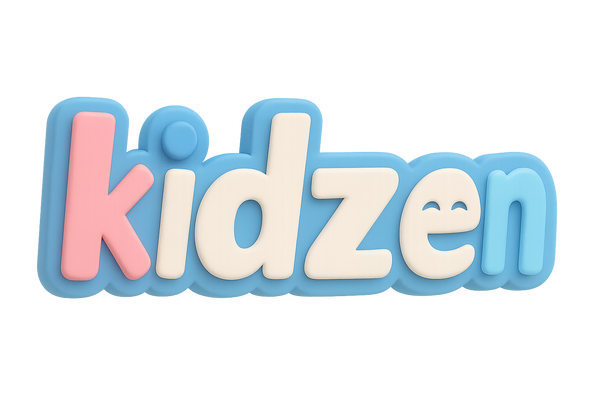
Dressing Up Big Dreams – How Costume Play Boosts Child Development
Share
That moment when your child becomes a pirate, a princess, or a doctor isn’t just adorable—it’s developmental gold. Costume play (also known as dress-up or role play) is far more than entertainment. It's a powerful learning tool that nurtures creativity, empathy, problem-solving, and self-confidence.
In a world that increasingly emphasizes structured academics, costume play allows freedom, imagination, and personal exploration—essential building blocks for lifelong success.
1. Cognitive Growth Through Pretend Scenarios
When children engage in costume play, they create narratives, characters, and imaginary worlds, all of which exercise their cognitive flexibility.
According to a study in Developmental Science (Whitebread et al., 2009), pretend play activates higher-order thinking skills such as symbolic representation, planning, and decision-making. Kids aren't just playing—they're building stories, solving conflicts, and imagining outcomes.
“Imaginative play enhances children’s executive function,” says Dr. Laura Berk, professor of psychology, “which is vital for school readiness and self-regulation.”
2. Emotional Expression and Self-Discovery
Costume play is a safe space for kids to explore feelings and identities. A child who dresses as a firefighter or doctor might be processing their admiration or even fears. Through this play, they experiment with courage, kindness, or responsibility.
A 2021 study in Early Child Development and Care found that children who frequently engage in role play show greater emotional regulation and self-awareness.
It also helps shy children express themselves more freely—because they’re doing it “in character.”
3. Language Development and Communication Skills
When children act out scenarios in costume, they use and expand their vocabulary. They may mimic phrases they've heard, ask questions, or create their own lines. This boosts verbal fluency and storytelling skills.
A study from The American Journal of Play (Smilansky, 1990) revealed that children who regularly participate in role play score higher in language comprehension and expressive vocabulary.
4. Social Interaction and Cooperation
Costume play is often shared with siblings or friends. Whether they're running a pretend restaurant or battling dragons, kids learn the basics of turn-taking, negotiation, and cooperation.
Psychologists highlight that collaborative pretend play helps children develop empathy by stepping into someone else’s shoes—literally and figuratively. This builds emotional intelligence, a key predictor of success and well-being.
5. Confidence Building and Imagination Empowerment
When kids put on a costume, they often feel braver, bolder, and more capable. That’s not an illusion—it’s a boost in self-efficacy.
Dr. Stephanie Carlson, a child development researcher, refers to this as the “Batman Effect,” where kids perform better on tasks when they pretend to be a strong character. Dressing as a hero or explorer can build resilience and a willingness to take on challenges.
💡 Final Thoughts
Costume play isn’t just “cute”—it’s critical. In a single afternoon of imaginative dress-up, your child might be practicing leadership, empathy, storytelling, and self-expression.
So the next time your little one puts on a cape or grabs a stethoscope, celebrate it. They’re not just pretending. They’re becoming.
